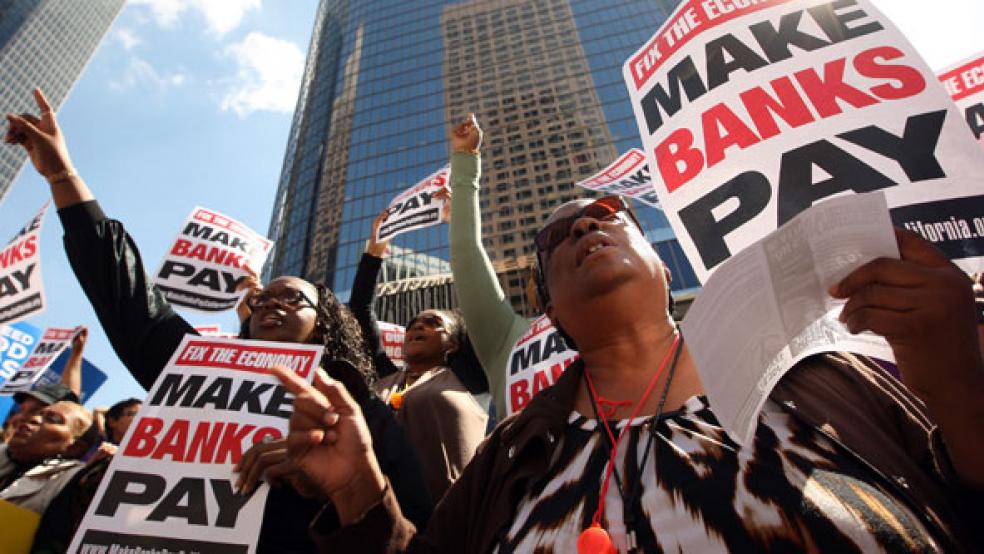The Senate took another step Tuesday toward passing a bipartisan bill to roll back some banking regulations enacted after the 2008 financial crisis. In a 67-32 vote, senators cleared the way for the bill to proceed. It is expected to be approved this week.
The bill raises the threshold at which banks are considered systemically important and thus subject to stricter capital requirements and Federal Reserve supervision, from $50 billion to $250 billion. Supporters say that and other provisions will ease the burden the Dodd-Frank Act imposed on community and regional banks while maintaining regulatory requirements on the country’s largest financial institutions. Opponents of the bill say many of the banks that will benefit from the bill also got government bailouts and that the looser regulations will once again encourage excessive risk-taking that could end up costing taxpayers.
The Congressional Budget Office estimated Monday that the legislation would slightly increase the risk of a large bank failure or financial crisis that could result in another taxpayer bailout. The budget scorekeeper also said the regulatory rollback would add $671 million to federal deficits between 2018 and 2027, with that projected cost largely the result of the increased probability that a bank will fail and receive an injection of funds from the Federal Deposit Insurance Corporation. That bailout money would eventually get recouped after the 10-year budget timeframe used by CBO in its analysis.





